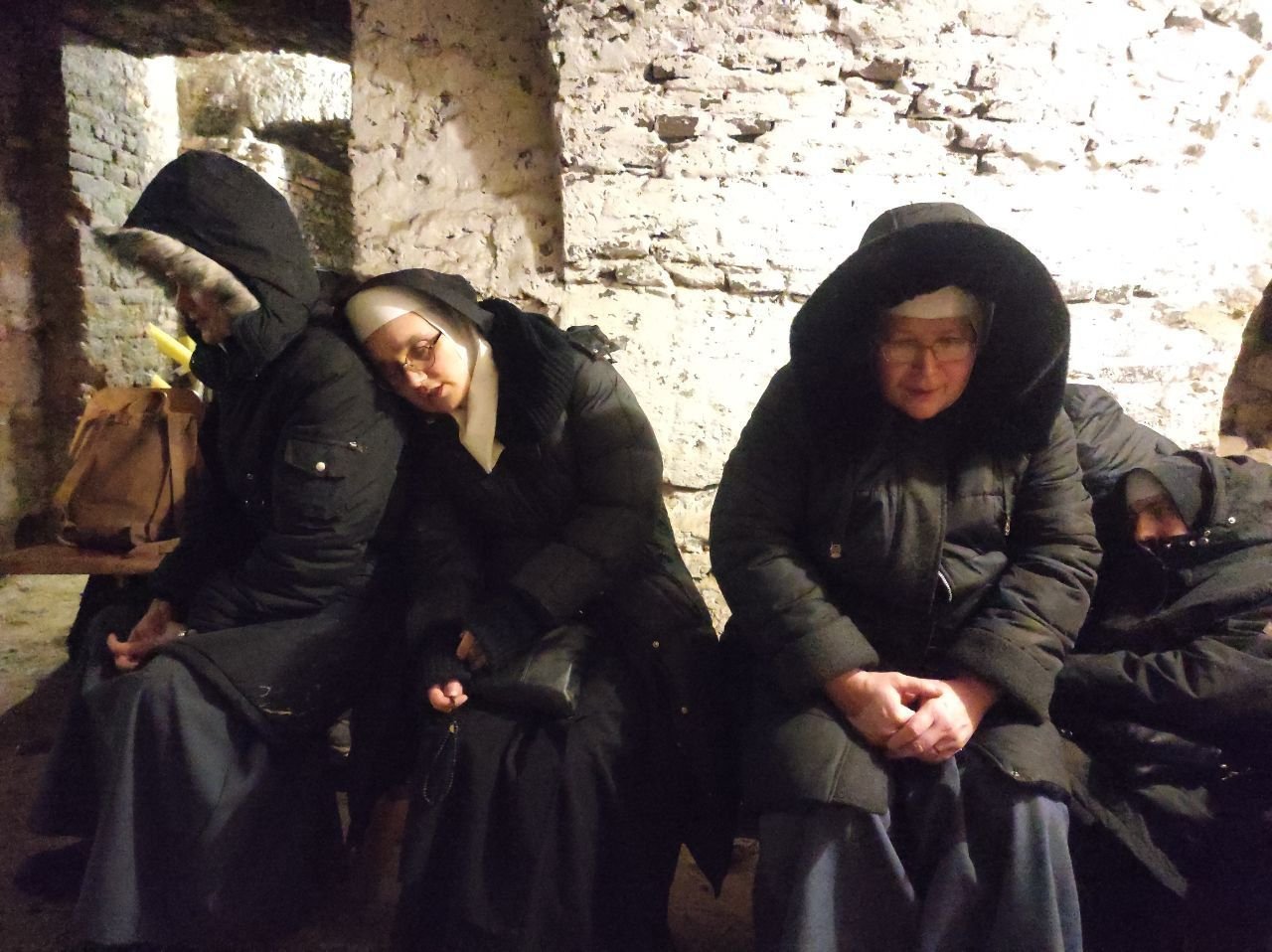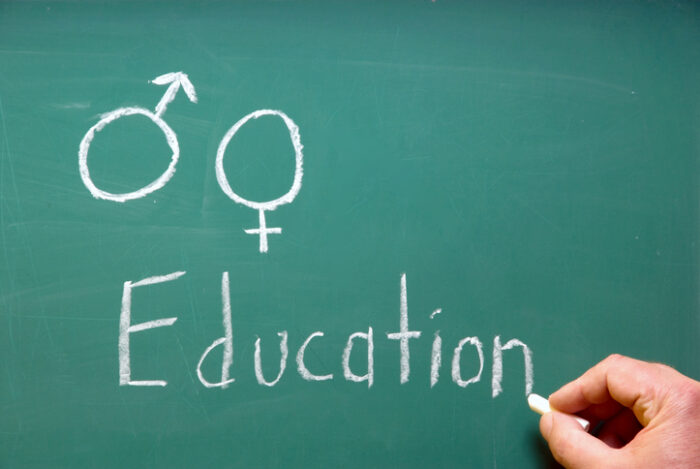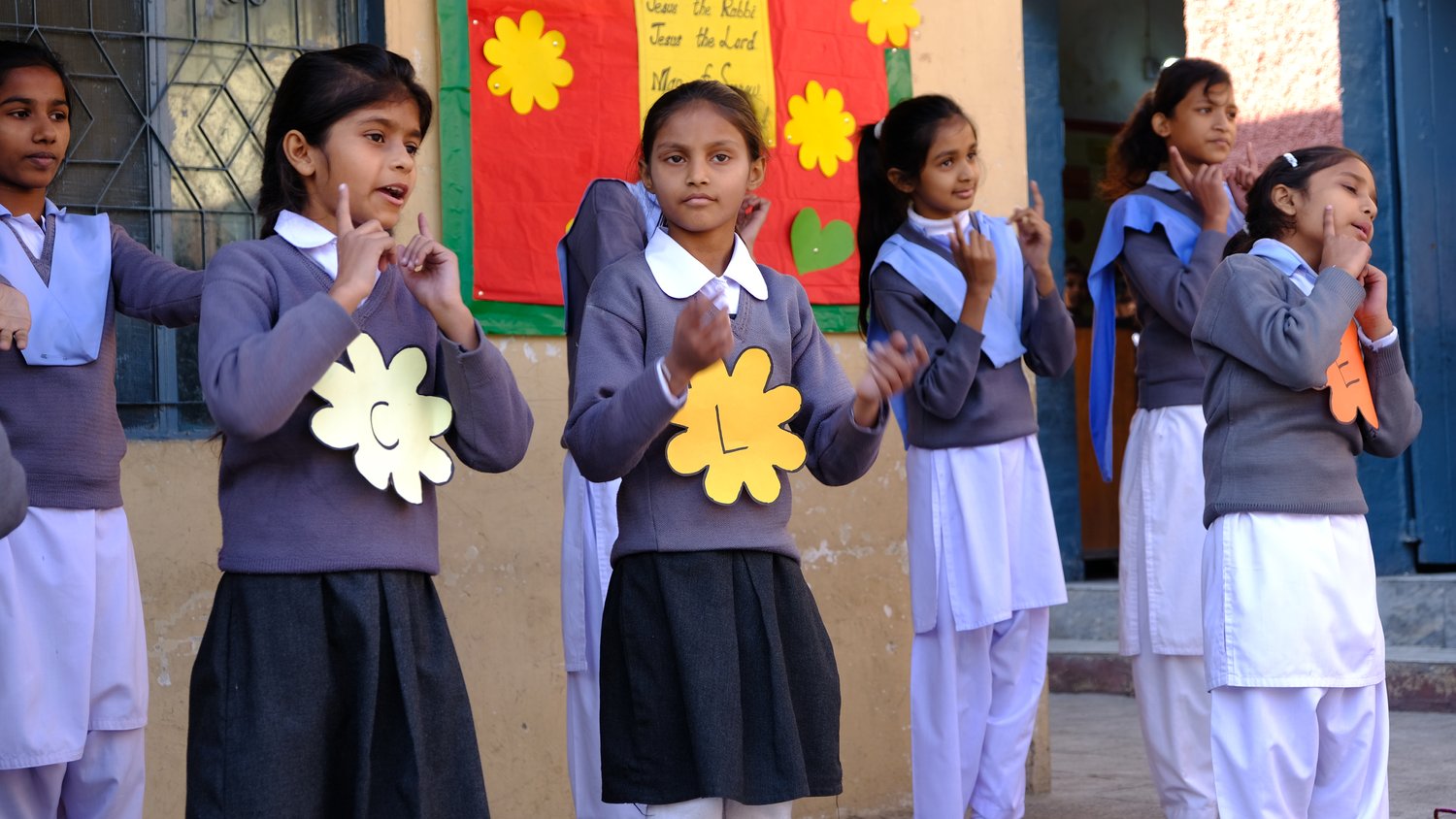
Religious orders have made dozens of properties available to accommodate refugees since the outbreak of the war in Ukraine more than two years ago, the Association of Leaders of Missionaries and Religious of Ireland (Amri) has said.
The statement follows an appeal from the Government to the dioceses to offer up vacant land and buildings in an attempt to ease the strain on State services attempting to find beds for almost 1,700 international protection applicants who have been left without accommodation following their arrival in Ireland.
AMRI, which represents religious institutes, societies of apostolic life and lay missionary organisations, said that since February 2022 “some 41 religious orders, congregations and societies in Ireland have made a range of properties available, including convents, retreat centres, former student houses, houses, apartments and individual rooms”. It said most of these had been provided “at no cost to the Government”.
A spokesman said “individual members of congregations/orders also provide pastoral care and various other supports such as English-language classes, counselling etc to integrate those newly arrived in the local community”.

A leading Catholic bishop has warned politicians that “divorce weakens the fabric of society” as the Philippines moved closer to legalising divorce.
“I urge members of Congress to reconsider the proposed divorce bill and instead focus on promoting policies and programs that support marriage, strengthen families, and protect the well-being of all members of society,” said Bishop Alberto Uy of Tagbilaran of the central Philippines, in an interview with Catholic-run Radio Veritas.
The bishop said a “society that values strong, stable families is a thriving society”.
“Divorce weakens the fabric of society by eroding the foundation of the family unit. It leads to social fragmentation, increased poverty, and a host of other societal ills. By promoting divorce, we are contributing to the breakdown of social cohesion and the erosion of moral values,” Uy said.
Among the grounds for divorce will be an already existing legal separation. That can be based on various fault grounds including abandonment without cause by a spouse for more than one year.
Divorce had been legalised in the Philippines in 1917 under the American occupation. The grounds were expanded under the Japanese occupation during World War II. This was rescinded soon after the country became independent. In 1977, a law recognising some Islamic practices allowed muslims to divorce. This also allowed ‘early marriages’ or ‘child marriages’ which allowed girls who had reached puberty to marry with the permission of a Sharia court. This latter element was not reversed until 2021 under legislation signed into law by President Rodrigo Duterte.

Explicit age limits will appear for the first time in statutory guidance issued to schools in the UK covering relationships, sex education and health.
Children in primary school will not be taught sex education until they are in Year 5 — aged nine — while discussion about explicit sexual acts will not take place until children are 13.
Teachers will also be banned from giving children lessons about gender identity — the idea that children can have a sexual identity unrelated to their biological sex, adopt different pronouns, names and wear uniforms of the opposite sex.
The move represents an attempt to deal with concerns that some children are being exposed to sensitive information when they are not ready for it.
When children are first taught any sex education, in Year 5, when nine years old, it should be in line with the science curriculum, with a factual approach teaching children about conception and birth.
Parents will need to be consulted about anything that children are taught. The guidance is explicit that primary school children should not be taught about pornography.

A clinic in Switzerland which provides assisted suicide to hundreds of people each year has apologised to the mother of a British man who took his own life without his family’s knowledge.
Following an ITV News investigation, Pegasos said it would change its procedures to ensure that relatives were always informed in future.
Forty-seven-year-old Alastair Hamilton told his mother he was flying to Paris last August, but instead travelled to Basel where he took a lethal dose of drugs.
As Judith Hamilton, 82, waved him off to the airport, she says her son told her: “He put his arms around me, looked me straight in the eyes and he was smiling. And he said ‘love you, mum, love you lots, always have, always will no matter what’.”
The chemistry teacher had dramatically lost weight and complained of stomach problems in the months leading up to his death, but did not have a diagnosed illness.
His family had been supporting him in seeking medical help and had no idea he was actually travelling to Switzerland to end his life.

The waiting period before a couple can divorce would be lowered from two years to six months under proposed new legislation.
Green Party TD Patrick Costello will introduce a bill to amend the minimum period of separation, which was already reduced from four years to two in 2019.
Mr Costello said the move to two years “does not go far enough”.
When the constitutional prohibition on divorce was removed following a referendum in 1995, a minimum period of four years was required to access divorce—a clause which was written into the Constitution.
In 2016, Fine Gael TD Josepha Madigan proposed a referendum that would remove the four year wait and replace it, in the text of the Constitution, with a two year wait.
However, in 2019, the Government decided for a referendum that would delete the length of the waiting period entirely from the constitution and leave it up to the Oireachtas to decide what it should be.
They also said they would introduce legislation that would set the waiting period at two years.
The referendum was subsequently passed by a large majority.

A U.S. federal government commission has criticised the recent arrest of a silently praying Christian in Birmingham, Isabel Vaughan-Spruce, in its annual international report.
The US Commission on International Religious Freedom (USCIRF) was established as part of the International Religious Freedom Act (IRFA), which mandates that U.S. policy includes condemning violations of religious freedom abroad and assisting foreign governments to protect this fundamental human right. Commissioners are appointed by the President and the leadership of both political parties in the Senate and the House of Representatives.
The 2024 annual report highlighted the high-profile arrest of Vaughan-Spruce as an example of European governments “targeting individuals for their peaceful religious expression”.
Responding to the news, Isabel Vaughan-Spruce said:
“Arresting individuals for silent prayer has put Britain in a position of global embarrassment. Nobody should be criminalised for their mere thoughts – this is a basic principle of a liberal democracy. If we can’t get that right at home, how are we meant to uphold human rights on the world stage?”

A showdown within Government is expected on hate speech legislation that could result in the bill being shelved, according to a leading political analyst.
The Irish Times’s Political editor, Pat Leahy reports that sections of the Fianna Fáil and Fine Gael parliamentary parties are “dead set against” the hate speech elements of the bill, despite the Green Party saying it remains a “key commitment in the Programme for Government.”
One Government insider is reported as saying that Fianna Fail and Fine Gael TDs and Senators are “near unanimous” in there opposition and there will be “uproar” if it’s pushed forward.
“This law will not be enacted,” the source told Leahy. “The question is how much harm the parties will inflict on themselves before accepting that.”
Concerning the substance of the bill, Leahy said he has repeatedly asked what the bill would make illegal to say in future that it is not currently illegal, given that there is already legislation criminalising incitement to hatred.
He reports that no answer was forthcoming.
He also noted that Senator Michael McDowell has asked the Department of Justice “what is intended by the term ‘transgender’ and the phrase ‘a gender other than those of male and female’” in the definitions of the Bill. That also has been left unanswered.
Leahy commented: “It would be hard, I promise you, to overstate the lack of enthusiasm in Government for a debate on how many genders there are”.

There has been a sharp increase in cases of abductions, rapes, forced conversions, and forced marriages of young Christian and Hindu girls in Pakistan in the first four months of this year, according to reports in local press.
The lack of accountability for perpetrators has been blamed for a surge in these types of crimes.
The Associated Press reported in 2020 that such crimes are endemic to Pakistan where each year, nearly 1,000 non-Muslim girls are forcibly converted to Islam, largely to pave the way for underage marriages that are non-consensual.
On 11 April 2024, UN experts expressed dismay at the continuing lack of protection for young women and girls belonging to minority communities in Pakistan. The UN Office of the High Commissioner summarized their report:
“Christian and Hindu girls remain particularly vulnerable to forced religious conversion, abduction, trafficking, child, early and forced marriage, domestic servitude and sexual violence,” the experts said. “The exposure of young women and girls belonging to religious minority communities to such heinous human rights violations and the impunity of such crimes can no longer be tolerated or justified.”

The Health Service Executive (HSE) has spent more than €8.5 million on abortion pills in the first four years since abortion was legalised in 2019, according to a report in the Irish Mirror.
Nearly 27,700 women accessed drug-induced abortions through the HSE between the beginning of 2019 and the end of 2022. The figures do not include surgical abortions conducted in hospitals which number in the hundreds each year. They generally take place after the 12th week of pregnancy.
A total of 12,420 abortion pills in the four year period were accessed by women in Dublin city and county, representing 45% of the overall number, according to data obtained under the Freedom of Information Act.
The number of drug-induced abortions accessed through the HSE increased during the first four years since the procedure was legalised from 6,017 in 2019 to 8,595 in 2022. Data for last year is not yet available.
The annual cost of providing abortion pills for the procedures – mifepristone and misoprostol – also increased during that period from just under €1.85 million to nearly €2.7 million.

The Liberal Democrats have been accused of deselecting a candidate based on his Christian faith in a breach of equality law.
Members have reported the party to the equalities watchdog over accusations that the party has tolerated a “hostile environment” for people of faith, failed to investigate serious allegations of discrimination and harassment and “emboldened those who believe Christians should be driven out of public life”.
The complaint to the Equality and Human Rights Commission (EHRC) concerns the treatment of David Campanale, an Anglican and award-winning former BBC journalist, who is set to be replaced as a prospective MP candidate for Sutton and Cheam after a two-year campaign against him by members of his local party and a number of LGBT activists.
Party members supporting him are now calling on the EHRC to launch an independent investigation into “multiple alleged breaches of equality law and our party constitution”.